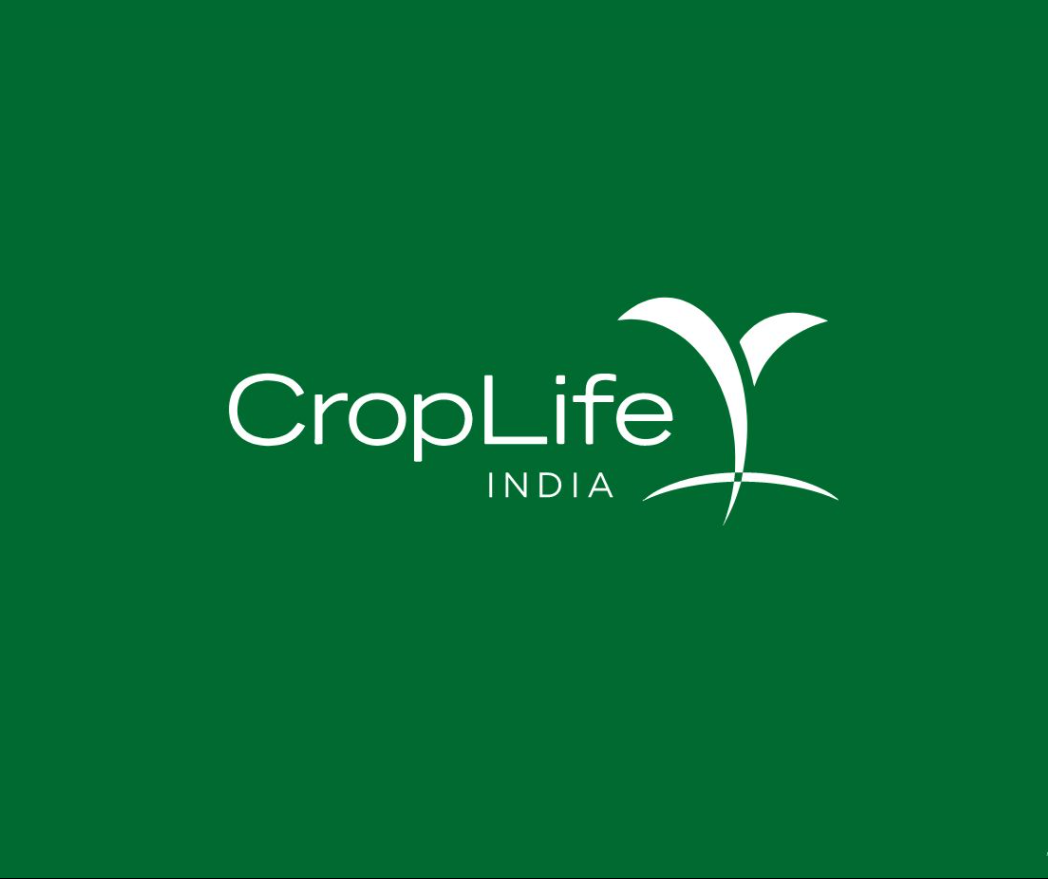Wednesday, 28 January 2026

CropLife India, the association representing leading domestic and multinational R&D-driven crop science companies, convened its 45th Annual General Meeting alongside a National Conference, bringing together policymakers, regulators, industry leaders, experts, and academia to chart the future of India’s agri-input sector. The event underscored the pivotal role of agriculture in India’s vision for a Viksit Bharat 2047, emphasizing sustainable productivity, technological adoption, and global competitiveness.
The conference opened with a high-level session that set the strategic vision for advancing Indian agriculture through innovation, productivity enhancement, and farmer empowerment. Key discussions focused on regulatory challenges and opportunities within the Indian context, decoding the framework governing crop protection and bio-stimulant industries.
Panels examined state-wise complexities and explored how harmonized policy, compliance, and innovation can enable farmers, enhance crop protection, and strengthen exports. The CEO’s panel debated the future of pesticides in India, emphasizing the necessity of integrating science-based solutions, responsible usage, and clear communication to safeguard crops and food security.
Government and regulatory leaders highlighted the evolution of India’s agri-input sector and the need for modernization and harmonization. Shivraj Singh Chouhan, Union Minister of Agriculture & Farmers Welfare, outlined the importance of increasing productivity per hectare, adopting new technologies, and translating research into practical solutions for smallholder farmers. Dr. Trilochan Mohapatra, Chairperson, Protection of Plant Varieties and Farmers’ Rights Authority (PPV&FRA), emphasized balancing productivity and sustainability through responsible use, strong regulation, and science-led innovation.
Dr. P. K. Singh, Agriculture Commissioner, Ministry of Agriculture & Farmers Welfare, highlighted digitalization and harmonized Centre–State laws as critical enablers, along with responsible pesticide use and promotion of bio-pesticides.
Experts from ICAR contributed scientific insights, with Dr. Vandana Tripathy, Network Coordinator (AINP) & Scheme In-Charge (MPRNL), ICAR, highlighting the need for harmonized pesticide residue data and sensitive health monitoring across regions, and Dr. Poonam Jasrotia, Assistant Director General (Plant Protection), ICAR, emphasizing protection of traditional agricultural practices alongside global collaboration. Dr. Subhash Chand, Secretary, Central Insecticides Board & Registration Committee (CIB&RC), underscored the importance of balancing Ease of Doing Business with regulatory safeguards in the import-for-export framework.
T. M. Tripathi, Joint Director, Department of Agriculture, Uttar Pradesh, detailed state-specific measures, including farmer training, drone application standards, and transparent retail incentives to ensure judicious pesticide use.
India is now the fourth-largest producer and the second-largest exporter of agrochemicals, with CropLife India members contributing over 70 per cent of the industry’s business and supplying 95 per cent of the world’s molecules and chemistries. Exports, valued at nearly Rs. 40,000 crores, reflect the strength and global relevance of Indian agriculture. Despite this, annual crop losses due to pests and diseases remain around Rs. 2 lakh crores, even though pesticide use in India averages just 400 grams per hectare compared with the global average of 8,000 grams. This demonstrates the efficiency of Indian farmers and underscores the importance of integrated, science-driven crop protection solutions.
Industry leaders emphasized that R&D-driven companies are delivering biologicals, proven chemistries, and comprehensive farmer support to enhance yields, reduce crop losses, and advance India’s $1 trillion agricultural economy goal.
Panelists on the CEO panel, Susheel Kumar, Managing Director, Syngenta India; Ankur Aggarwal, Managing Director, Crystal Crop Protection; Sahin Ozkan, Managing Director, Adama India; Subroto Geed, Managing Director, Corteva Agriscience India; and Simon Wiebusch, CEO & Managing Director, Bayer CropScience, reinforced the importance of farmer training, responsible use, and science-based communication to build trust and sustainability in crop protection.
The 45th AGM and National Conference highlighted a shared commitment among government, industry, and research institutions to leverage science, innovation, and regulation to empower farmers, strengthen food security, and position India as a global hub for sustainable, high-quality agrochemical solutions.